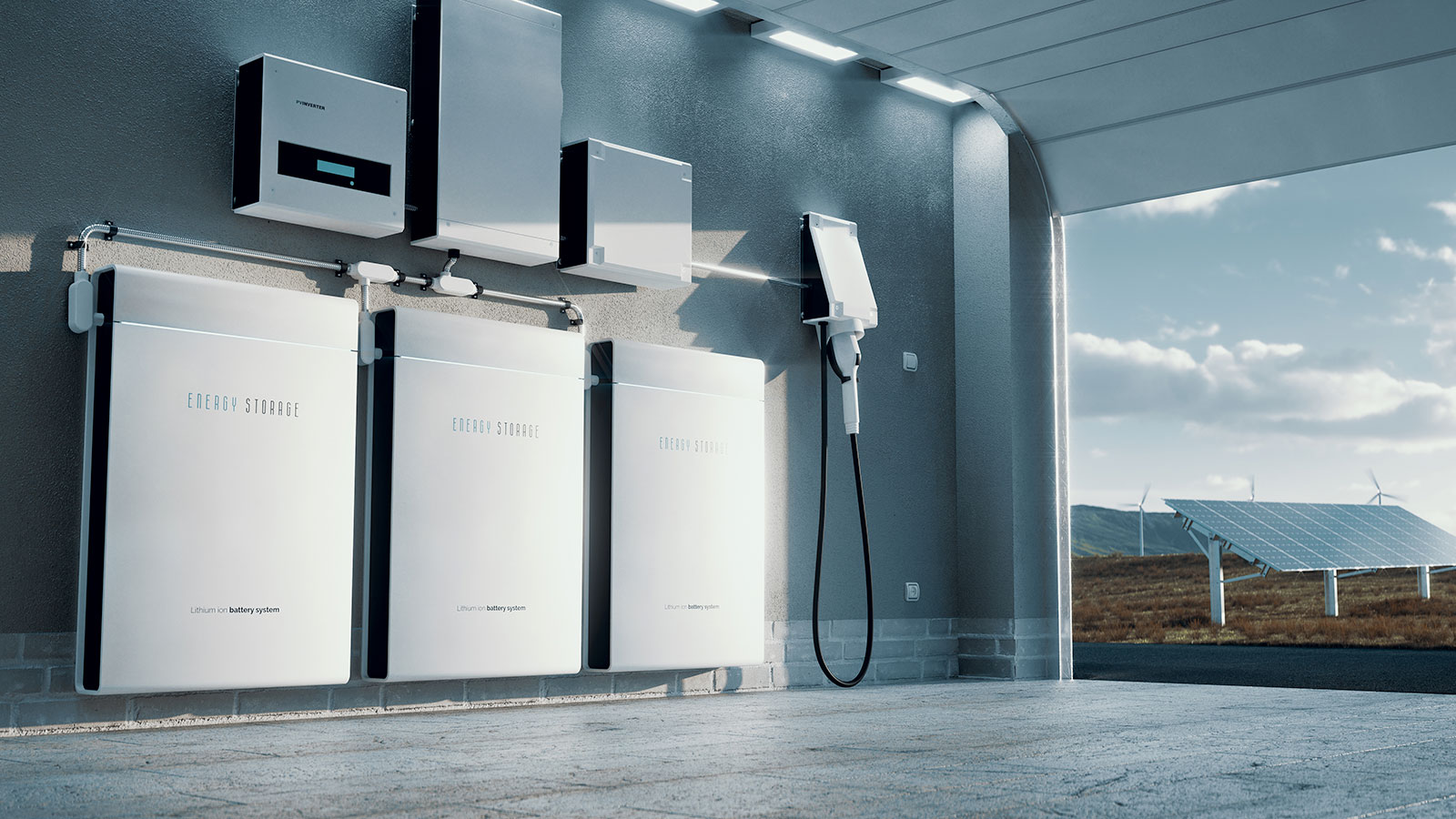As energy storage investment accelerates in the UK, NICEIC is encouraging electricians to enhance their skills to meet the growing demand and contribute significantly to the transition to clean energy.
With the escalation of energy prices and increasing environmental consciousness, there has been a notable surge in the installation of home energy storage systems, particularly batteries. Recent data indicates a significant rise in battery storage installations, with a year-on-year increase of 1,700% in 2023.
Furthermore, it’s not just home energy storage that is growing in popularity, but grid-connected storage has also become a major focus. A study from RenewableUK highlights that the total battery project pipeline has reached 84.8GW by December 2023, marking an increase of 50.3GW from the previous year.
In response to these developments, NICEIC advocates for electricians to acquire expertise in energy storage systems. This move aims to assist customers in reducing energy expenses, achieving energy independence, and minimising their environmental impact.
Paul Collins, NICEIC Technical Director, stated, “British householders are facing considerably higher electricity costs than in previous years. Reducing dependence on the national grid is becoming an appealing option for those aiming to cut energy costs and contribute positively to the environment. Energy storage plays a pivotal role in this shift, enabling homeowners with solar panels to achieve self-sufficiency and bypass grid supply, potentially saving hundreds of pounds annually and alleviating cost of living pressures. These systems also offer crucial backup power, addressing growing concerns over grid stability.”
Collins further explained the potential for homeowners to use storage systems to lower bills by purchasing energy at lower rates during off-peak times for use during peak consumption periods.
He added, “This is only the beginning. With the evolution towards a more distributed, interconnected, and decentralized energy system, we expect to see an era where ‘prosumers’ actively participate in the energy market by selling excess generated power back to the grid. This presents a significant new revenue opportunity for installers, who will increasingly be sought after for advice on energy storage solutions and guidance on the best options for individual homes.”
To assist electricians in this transition, NICEIC has launched a new qualification on Electrical Energy Storage Systems (EESS), targeting certified businesses eager to broaden their expertise in this burgeoning field. The EAL accredited qualification, which spans two and a half days, is designed to complement NICEIC’s popular four-day solar qualification, covering the design, installation, and commissioning of Electrical Energy Storage Systems.
Neil Vincent, NICEIC Head of Business Development & Strategic Partnerships, remarked, “Battery storage is rapidly becoming essential in maximising the benefits of solar power, not just for renewable energy optimization but also for enhancing energy security. Our new course is specifically tailored to meet these demands, enabling our certified installers to offer comprehensive solar-storage solutions.

